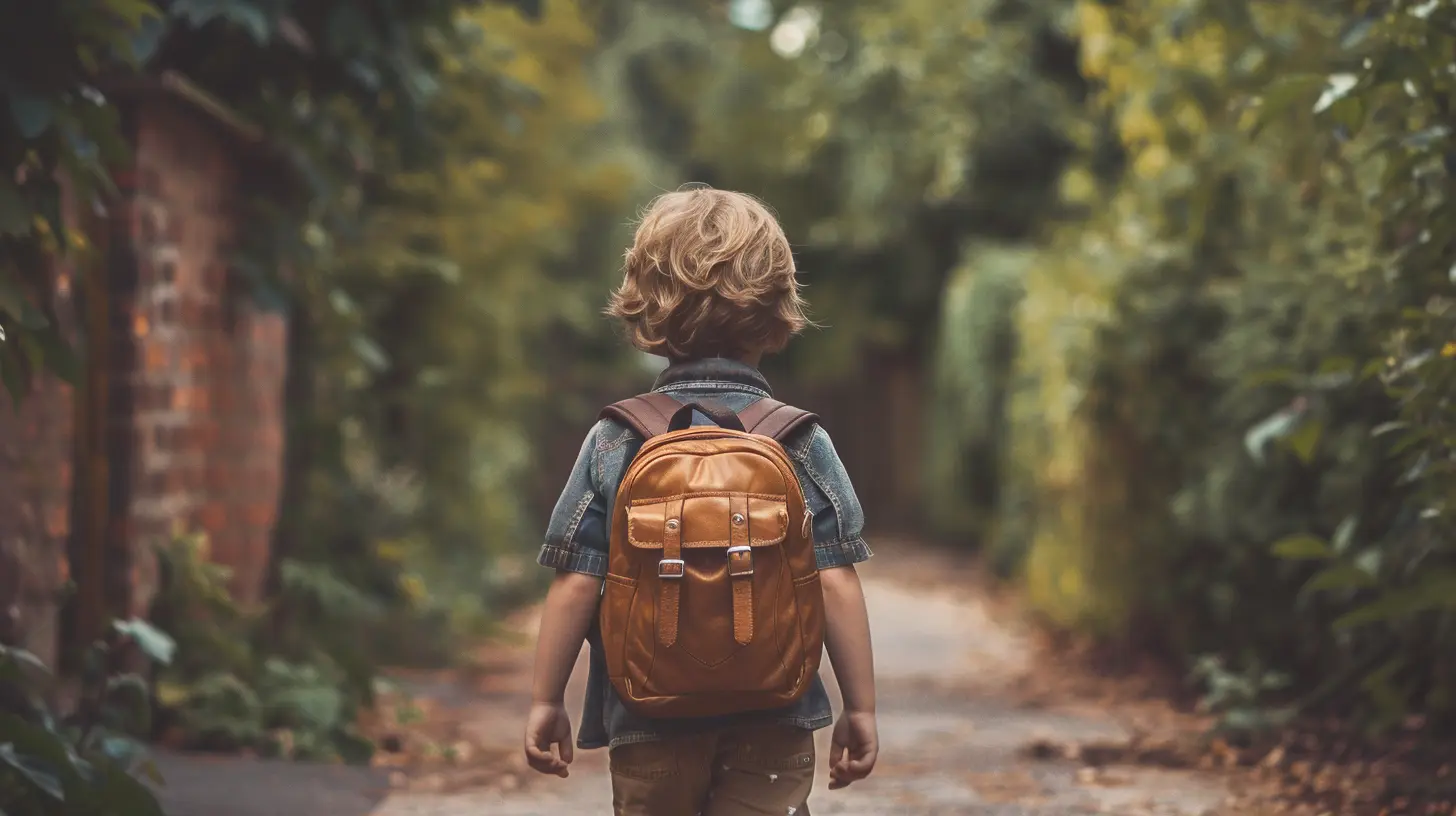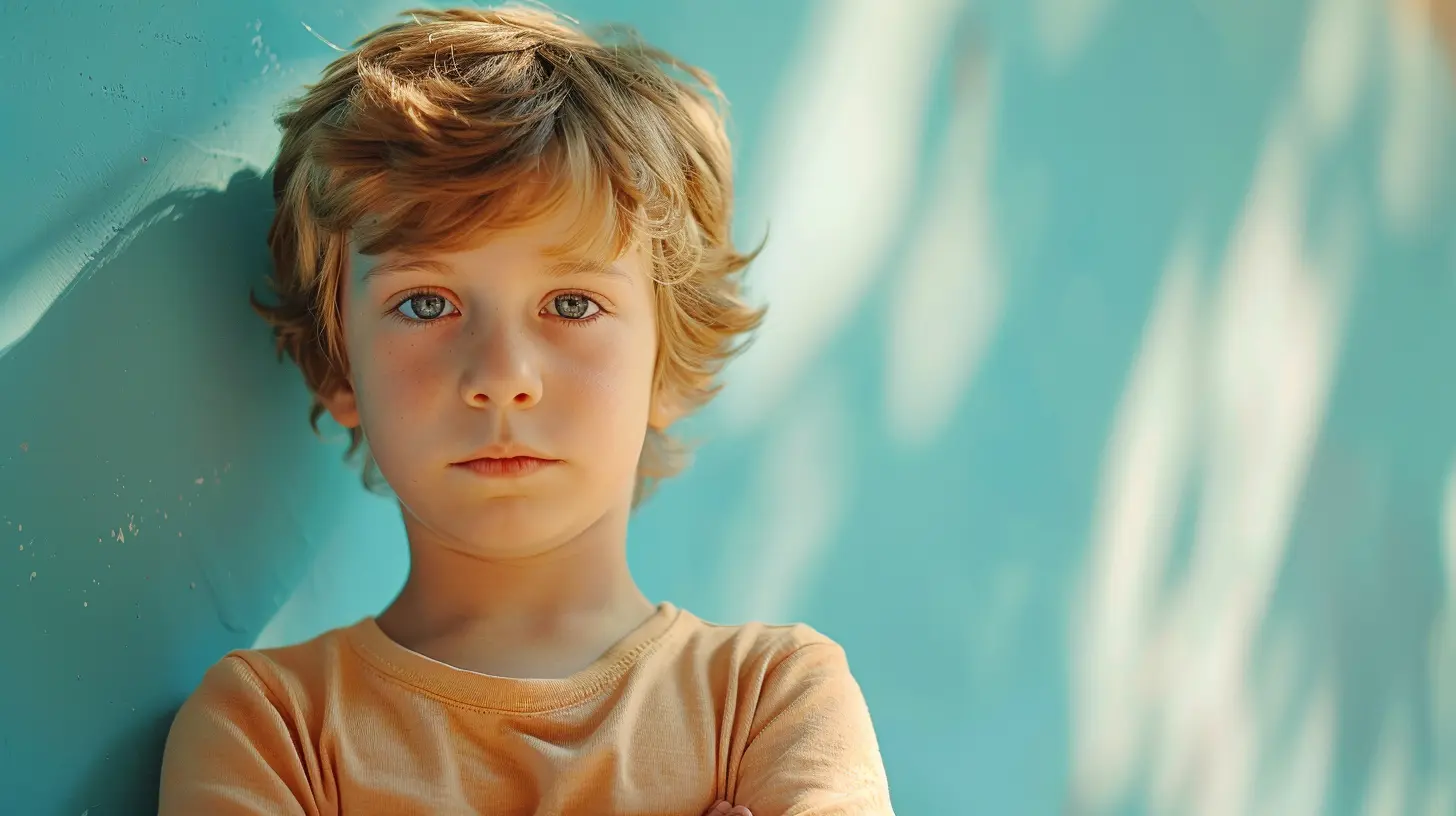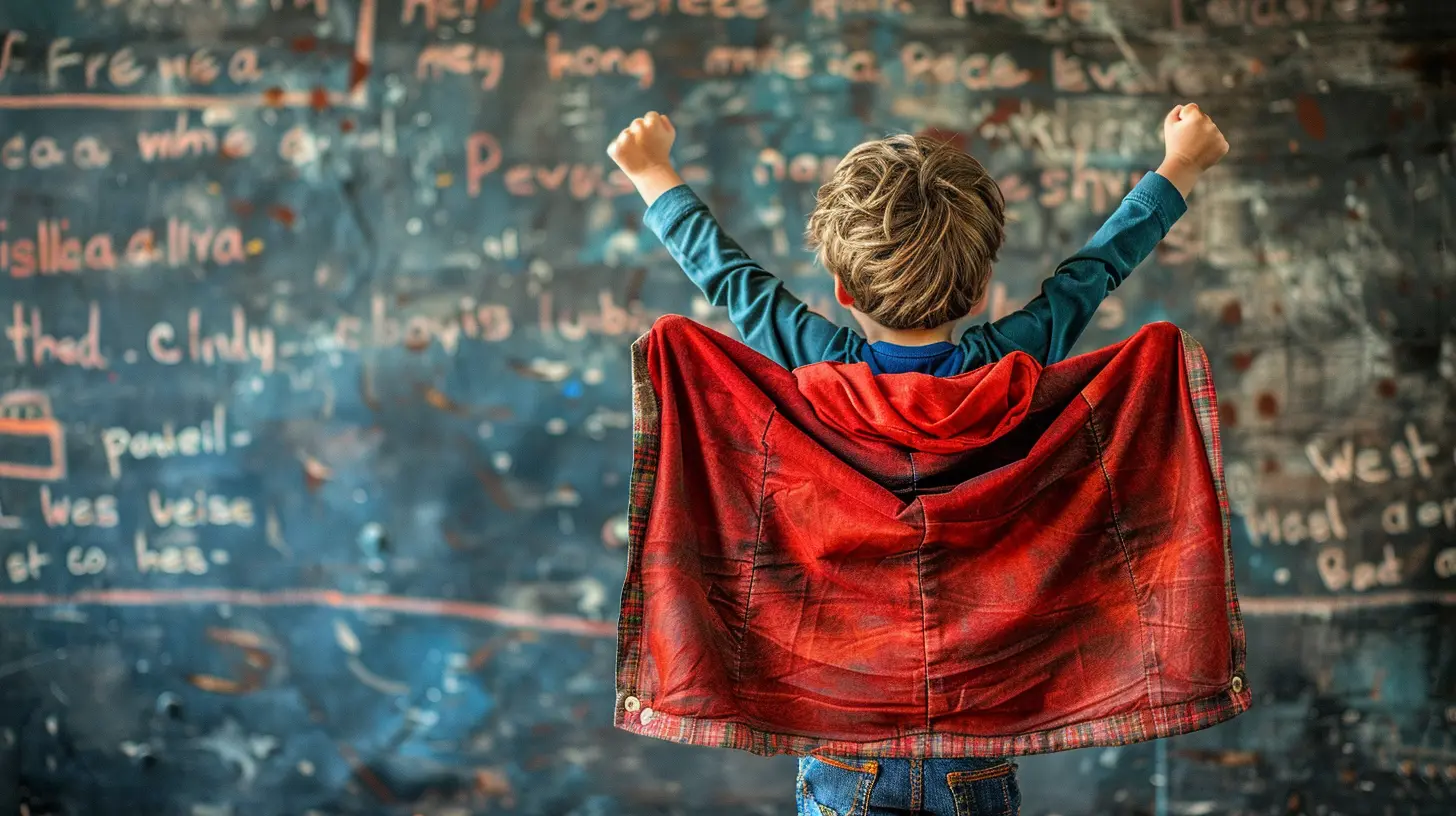Raising Kind and Confident Kids with Positive Discipline
12 September 2025
Let’s be honest — parenting isn’t some picture-perfect Instagram moment. It’s full of messy hair, mismatched socks, and a constant inner battle between discipline and compassion. We all want our little ones to grow into kind, confident human beings, right? But how do we actually get there without yelling, bribing, or losing our minds?
You’re not alone if you’re wondering that. The good news? There’s a way to raise well-rounded kids without fear-based tactics. It’s called positive discipline, and it’s a total game-changer.
In this article, we’ll dive deep into what positive discipline really means, how it nurtures kindness and confidence in kids, and—most importantly—how you can make it work for your family, starting today.
What Is Positive Discipline?
Let’s clear up a common myth — discipline isn’t the same as punishment.Positive discipline is all about teaching, guiding, and encouraging rather than punishing. It focuses on building a strong connection between you and your child, helping them learn from mistakes rather than feeling ashamed of them.
In simple terms? It’s discipline with heart.
Instead of time-outs or shouting matches, positive discipline uses:
- Respect
- Clear expectations
- Consistent boundaries
- Empathy
- Logical consequences
It teaches kids why their behavior matters, not just that it was “bad.” And you know what? When kids feel respected and understood, they’re way more likely to listen and learn.
Why Kindness and Confidence Matter
Before we jump into the how-to, let’s take a minute to talk about the why.Think about the kindest, most confident person you know. They probably have strong boundaries, treat others with respect, and stand up for themselves without tearing others down, right?
Kindness without confidence can lead to people-pleasing and getting walked all over.
Confidence without kindness can turn into arrogance or bullying.
But together? Kindness and confidence create empathetic, assertive, resilient people — the kind we need more of in the world.
And your home is the first place where that balance is built. Ready to set the foundation? Let’s go.
The Core Principles of Positive Discipline
1. Connection Comes First
You’ve probably heard it before: “Kids don’t care how much you know until they know how much you care.”Positive discipline is rooted in connection. Before trying to correct behavior, focus on strengthening your bond with your child. When they feel safe and loved, they’re far more likely to cooperate.
Try saying:
> “I can see you’re upset, let’s figure this out together,”
instead of
> “Stop crying or go to your room.”
Little shift. Big impact.
2. Be Kind AND Firm
This is the magic combo.Being kind without firmness leads to permissiveness — and kids end up running the show (hello, chaos). Being firm without kindness comes off as harsh — and kids either shut down or rebel.
Positive discipline strikes a balance: You’re warm and empathetic but still hold your ground.
Try:
> “I understand you really wanted to keep playing. It’s bedtime now. We’ll play again tomorrow.”
Compassion + clarity = trust and respect.
3. Focus on Solutions, Not Punishments
Kids learn best when they’re involved in solving problems.Instead of “You’re grounded for a week,” try “What do you think would help you remember to finish your homework tomorrow?”
This way, children learn critical thinking, responsibility, and how to repair mistakes — essential traits of confident and kind adults.
4. Encourage Effort, Not Just Results
Who doesn’t like a little praise? But instead of just saying “Good job” when your kid gets an A, focus on the effort behind it.Say:
> “You worked so hard. All that studying really paid off!”
Praising effort builds confidence because it teaches kids that they have control over their success — not just luck or natural talent.
Practical Ways to Raise Kind and Confident Kids
1. Model the Behavior You Want to See
Kids are like little sponges — they soak up everything. If you want your child to be respectful, honest, and kind, you have to show them what that looks like.Speak to them the way you’d want them to speak to others. Handle conflicts with your partner calmly. Apologize when you mess up.
Remember: Kids learn more from what we do than what we say.
2. Set Clear, Consistent Boundaries
Boundaries aren’t mean — they’re essential.Kids feel safer when they know what to expect. Clearly state your expectations and stick to them (even when it’s hard).
Instead of:
> “Don’t make me tell you again!”
Try:
> “If you throw your toys, I’ll need to put them away for a while.”
Simple. Predictable. Fair.
3. Let Natural Consequences Do the Teaching
Sometimes the best teacher isn’t us — it’s life.If your child forgets their lunch, let them experience what it feels like to be hungry at school (as long as it’s safe). That discomfort teaches them far more than a lecture ever could.
This approach builds resilience, accountability, and problem-solving — huge confidence boosters.
4. Use Family Meetings to Build Respect and Teamwork
Sounds a little formal, but hear me out.Weekly family meetings create a space where everyone gets a voice. Celebrate wins, solve problems together, and make decisions as a team.
It sends a powerful message: “You matter. Your opinion counts.”
This fosters respect, responsibility, and teamwork — plus, it’s a great way to bond.
5. Teach Empathy Early and Often
Helping your child recognize and care about others’ feelings is a key part of building kindness.Try pointing out emotions when reading books or watching movies:
> “How do you think that character felt when that happened?”
Also, encourage acts of kindness:
- Making cards for grandparents
- Helping pack donations
- Saying thank you to the delivery driver
Small gestures plant big seeds.
What to Do When Things Go Off the Rails
Spoiler alert: No parenting method is foolproof.There will be meltdowns. You’ll lose your cool. Your child will test every limit you set.
That doesn’t mean you’re failing. It means you’re human.
When that happens:
- Take a breath before reacting.
- Own your mistakes. Apologize.
- Go back to connection: “I yelled. That wasn’t okay. Let’s try again.”
Mess-ups are teaching moments — for them and for us.
Long-Term Benefits of Positive Discipline
Here’s what happens when you stick with it:✅ Your child feels safe and respected
✅ They learn self-control (instead of relying on fear of punishment)
✅ They become problem-solvers, not rule-followers
✅ Their empathy grows over time
✅ Your bond with them gets deeper and stronger
These aren’t just parenting wins — they’re life wins.
Final Thoughts: The Long Game is Worth It
Raising kind and confident kids isn’t about having all the answers or never making mistakes. It’s about showing up, staying consistent, and parenting with intention — even on the hard days.Positive discipline takes time upfront, sure. It’s slower than just yelling or handing out punishments. But it pays off in the long run, big time.
You’re not raising a robot who blindly follows rules. You’re raising a human being who can think, care, and thrive in this messy, beautiful world.
So next time you're faced with a tantrum, a lie, or a slammed door, pause and ask yourself:
> Am I reacting… or teaching?
Choose teaching. Choose connection. Choose positive discipline.
You’ve got this.
all images in this post were generated using AI tools
Category:
Positive DisciplineAuthor:

Karen Hurst
Discussion
rate this article
1 comments
Jade Mercado
Thank you for sharing these insightful strategies! Promoting kindness and confidence through positive discipline is vital for our children's development. I appreciate the practical tips you provided—it’s a wonderful resource for all parents.
September 14, 2025 at 3:12 PM

Karen Hurst
Thank you for your kind words! I'm glad you found the strategies helpful for fostering kindness and confidence in children.


